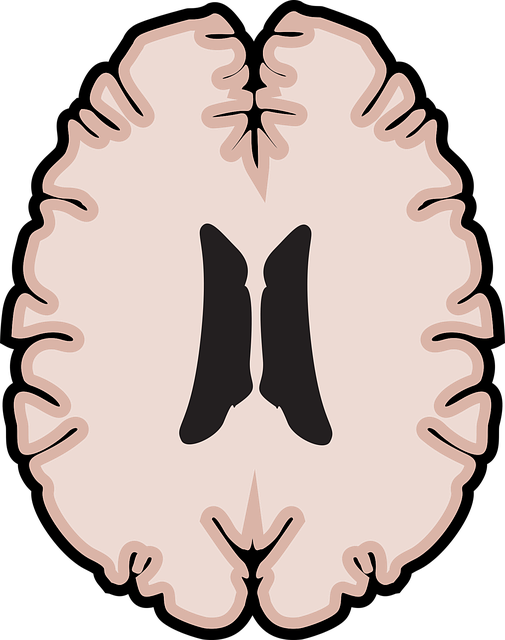Mental health policies in Boulder play a crucial role in addressing communication issues within couples' therapy. By analyzing existing policies and advocating for improvements, advocates can enhance access to quality care. Overcoming barriers like cultural differences, stigma, and traumatic histories through inclusive practices encourages open dialogue. Integrating stress reduction, positive thinking, and risk management strategies benefits both clients and therapists. Advocacy groups work collaboratively to drive systemic changes, promoting cultural sensitivity and personalized therapy for Boulder couples facing communication challenges, ultimately improving mental health outcomes. Evaluation methods should include quantitative and qualitative measures to assess the success of these policies in changing conflict resolution skills, resilience, and mental health awareness.
Mental health policy plays a pivotal role in shaping accessible and effective care, especially for marginalized communities. This article delves into four key aspects of advocacy and analysis, offering a comprehensive guide to enhancing mental well-being. We explore the intricacies of understanding policy frameworks, identifying communication gaps in therapy services, particularly focusing on Boulder’s unique context and couples’ communication issues. Additionally, we highlight advocacy’s power in improving care access and provide methods for evaluating policy interventions’ success.
- Understanding Mental Health Policy: A Foundation for Change
- Identifying and Addressing Communication Gaps in Therapy Services
- The Role of Advocacy in Shaping Mental Health Care Access
- Measuring Success: Evaluating the Impact of Policy Interventions on Couples Therapy
Understanding Mental Health Policy: A Foundation for Change

Mental health policy is a crucial framework that shapes how communities address and support individuals dealing with various psychological and emotional challenges. Understanding this policy landscape is essential for fostering positive change, especially in areas like Boulder where couples often face communication issues that can lead to therapy needs. By examining existing policies, advocates can identify gaps and opportunities to enhance mental health services, ensuring accessibility and quality care.
This process involves analyzing initiatives related to crisis intervention guidance, coping skills development, and mindfulness meditation—all vital components of a comprehensive mental health strategy. Such an analysis allows for the formulation of effective advocacy strategies that can influence legislation and program design, ultimately improving the well-being of individuals and couples seeking support in Boulder and beyond.
Identifying and Addressing Communication Gaps in Therapy Services

Effective mental health policy advocacy requires a deep understanding of the barriers that prevent individuals from accessing quality therapy services. One significant challenge lies in identifying and addressing communication gaps, particularly when it comes to sensitive topics like Boulder couples communication issues. Many patients struggle to express their feelings or fears, hindering therapeutic progress. This can be attributed to various factors such as cultural differences, stigma, or a history of traumatic experiences. To overcome these hurdles, therapists need to employ inclusive practices that encourage open dialogue.
Integrating stress reduction methods and positive thinking exercises in therapy sessions can facilitate safer communication. Risk management planning for mental health professionals is crucial in creating an environment where clients feel comfortable discussing their struggles without fear of judgment. By recognizing and addressing these communication issues, policy advocates can ensure that mental health services are more accessible, effective, and tailored to the diverse needs of individuals seeking support, including Boulder couples facing communication challenges.
The Role of Advocacy in Shaping Mental Health Care Access

Advocacy plays a pivotal role in shaping mental health care access and improving outcomes for individuals grappling with mental illness. At the heart of this process lies effective communication, which is particularly crucial in addressing sensitive topics like couples’ communication issues and therapy accessibility. By amplifying the voices of those affected, advocates can challenge the mental illness stigma reduction efforts and promote understanding, ensuring that evidence-based practices reach a wider audience.
In Boulder and beyond, advocacy groups work tirelessly to enhance self-care practices and cultivate cultural sensitivity in mental healthcare practice. They collaborate with policymakers, service providers, and communities to ensure that mental health care is accessible, affordable, and tailored to diverse needs. Through grassroots efforts, these advocates drive systemic change, making it possible for more people to access the support they need, whether it’s navigating complex therapy options or addressing specific couples’ communication issues.
Measuring Success: Evaluating the Impact of Policy Interventions on Couples Therapy

Measuring success in mental health policy interventions is a multifaceted endeavor, especially when focusing on niche areas like Boulder Couples Communication Issues Therapy. Evaluating the impact requires a comprehensive approach that goes beyond simple client satisfaction surveys. Effective metrics should capture changes in clients’ ability to navigate conflict resolution techniques, enhance resilience building, and demonstrate improved Mental Health Awareness both within the therapy sessions and their everyday lives.
One way to gauge success is by tracking the reduction in communication barriers and increase in healthy conflict resolution strategies employed by couples post-therapy. Longitudinal studies can assess whether these positive changes persist over time, indicating the durability of policy interventions. Furthermore, qualitative feedback from clients on their perceived growth in resilience building and Mental Health Awareness can offer valuable insights into the nuanced benefits of Boulder Couples Communication Issues Therapy, providing a more holistic understanding of policy success.
Mental health policy analysis and advocacy are vital components in improving access to quality care, particularly for couples facing communication issues in therapy. By identifying and addressing gaps in services, such as those highlighted in the context of Boulder Couples Communication Issues Therapy, we can create a more inclusive and effective support system. Advocacy plays a crucial role in shaping policies that enhance mental health care, while measurement tools enable us to assess the impact and success of these interventions. Ultimately, through continuous analysis and collaborative efforts, we can strive for significant improvements in mental health outcomes for couples seeking therapy.














